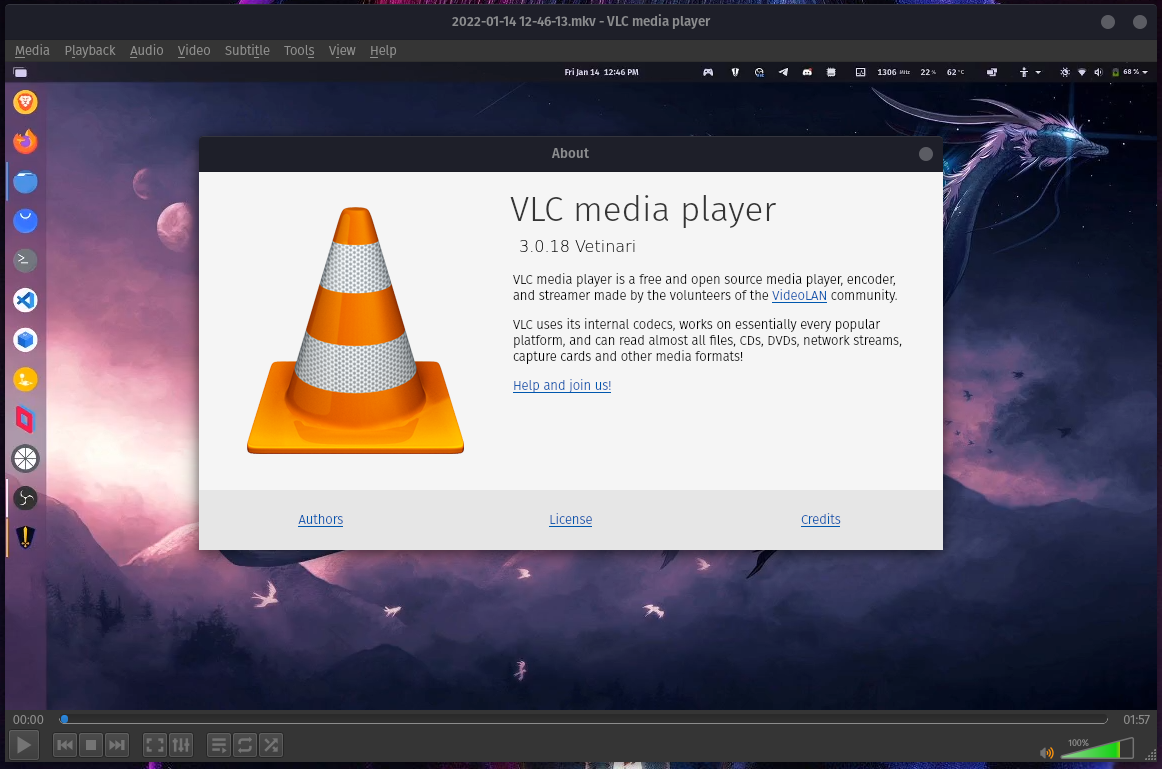Open Source Photo Manager digiKam Improves its AI Offerings
Better face recognition workflow, improved GPU support, and AI auto-rotation added.
VLC 3.0.18 finally adds RISC-V support among other improvements.


VLC Media Player is a popular open-source and cross-platform media player by VideoLAN that has been around for quite some time. Undoubtedly, it's also one of the best media players for Linux.

VLC's latest maintenance update, specifically v3.0.18, includes a set of enhancements and bug fixes.
Let's look at some of the key highlights of this release.

Users with devices based on the RISC-V hardware can now enjoy using VLC.
If you're not aware, RISC-V is a popular open-source hardware architecture. And you can expect more hardware to feature RISC-V in the near future.
As briefed above, there are several other enhancements as well, these include:
Tons of bugs were fixed as well. Here are some of the most notable ones that were addressed.
Some native bugs related to the macOS have also been addressed.
On the other hand, Windows users should see fixes for UPnP and Windows Media Player compatibility.
Check out the official changelog for detailed information.
For now, the latest version is only available through Flathub. You cannot find the latest packages for Windows/macOS on the website yet.
However, you can get the source tarball through the official website (thanks to 9to5Linux for spotting this)
Hopefully, VLC's official site gets updated soon to reflect the latest maintenance release.
Ubuntu users can check out our step-by-step guide too if you need help:

It's FOSS turns 13! 13 years of helping people use Linux ❤️
And we need your help to go on for 13 more years. Support us with a Plus membership and enjoy an ad-free reading experience and get a Linux eBook for free.
To celebrate 13 years of It's FOSS, we have a lifetime membership option with reduced pricing of just $76. This is valid until 25th June only.
If you ever wanted to appreciate our work with Plus membership but didn't like the recurring subscription, this is your chance 😃
Stay updated with relevant Linux news, discover new open source apps, follow distro releases and read opinions